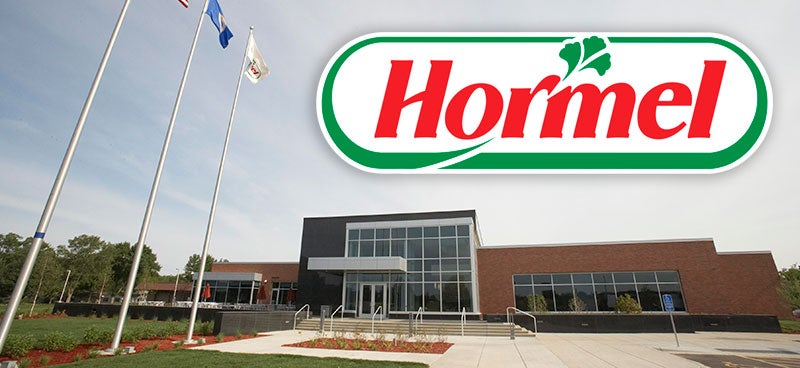Mower to receive broadband grant money as part of $53M package announced by Gov. Walz
Published 4:25 pm Wednesday, March 6, 2024
|
Getting your Trinity Audio player ready...
|
Governor Tim Walz has announced over $50 million in grants to expand broadband access to an estimated 8,900 homes and businesses throughout Minnesota and Mower County is one of the recipients of that money..
“We’re investing in broadband infrastructure statewide to help thousands of Minnesotans connect to jobs, education, healthcare, and their communities,” Walz said. “Helping more Minnesotans get online at high speeds is one of the ways we’re making Minnesota the best state for families, workers, and businesses.”
Twenty four broadband expansion projects will receive grants from the Department of Employment and Economic Development’s (DEED) Office of Broadband Development, helping deploy new broadband infrastructure around Minnesota. Using the grant funding, providers plan to expand high-speed broadband – offering speeds of at least 100 megabits per second (Mbps) download and 20 Mbps upload – in 25 counties across Minnesota.
Mower is set to receive grants in two different areas and includes a Low Population Density grant worth over $3.1 million and another Border-to-Border grant of over $414,000. The grants will be funded by Arvig and Spectrum Mid-America, LLC respectively.
Mower County has been looking at ways to increase broadband access across those parts of the county that are currently underserved.
The money from these two grants will help the county achieve that end.
“This is the third time that we have submitted grant applications and our first award. We are thrilled,” said County Administrator Trish Harren Gjersik. “The overwhelming support from the impacted property owners including townships, businesses, fire and ambulance services, members of the agriculture community, and property owners living in these areas sharing their personal stories made all the difference. Our local representatives including Representative patty Mueller and Senator Gene Dornick were also helpful.”
The grants come from two DEED programs:
- $33.3 million from DEED’s flagship Border-to-Border Broadband Program, through which broadband provider grantees are reimbursed for up to half the eligible cost of deploying broadband infrastructure, with funding for a single project capped at $10 million.
- $19.7 million from the Low Population Density Program, which offers grants to providers building broadband service to areas of Minnesota with particularly low population densities and high broadband deployment costs. The grants can be worth up to $10 million and cover up to 75% the total cost of a project.
DEED will open another $50 million grant round for broadband infrastructure development later this month.
“Multiple rounds of historic grant funding have dramatically improved high-speed broadband access for thousands of Minnesotans,” said DEED Commissioner Matt Varilek. “Broadband is a significant equity issue, and as a Greater Minnesota resident in rural Benton County, I hear firsthand from local businesses, students and neighbors about the impact broadband access has on their lives and livelihoods.”
List latest grant announcement is one of several initiatives underway to expand broadband access in Minnesota.
Over the last 10 years, DEED has provided nearly $350 million in Border-to-Border or Low Population Density grants, providing broadband access to nearly 112,000 homes and businesses. In addition to these programs, DEED is implementing the Line Extension Program, which expands broadband service to individual homes and businesses that lack it. So far, that program will connect 840 customers to broadband through partnerships with 20 broadband providers.
DEED will also manage $652 million in federal Broadband Equity, Access and Deployment (or BEAD) Program funding to expand broadband to the most unserved and underserved Minnesotans. DEED also recently finalized the state’s draft Digital Opportunity Plan, detailing how Minnesota proposes to reduce gaps in broadband access, digital technology ownership and digital skills using an upcoming grant from the federal government.






